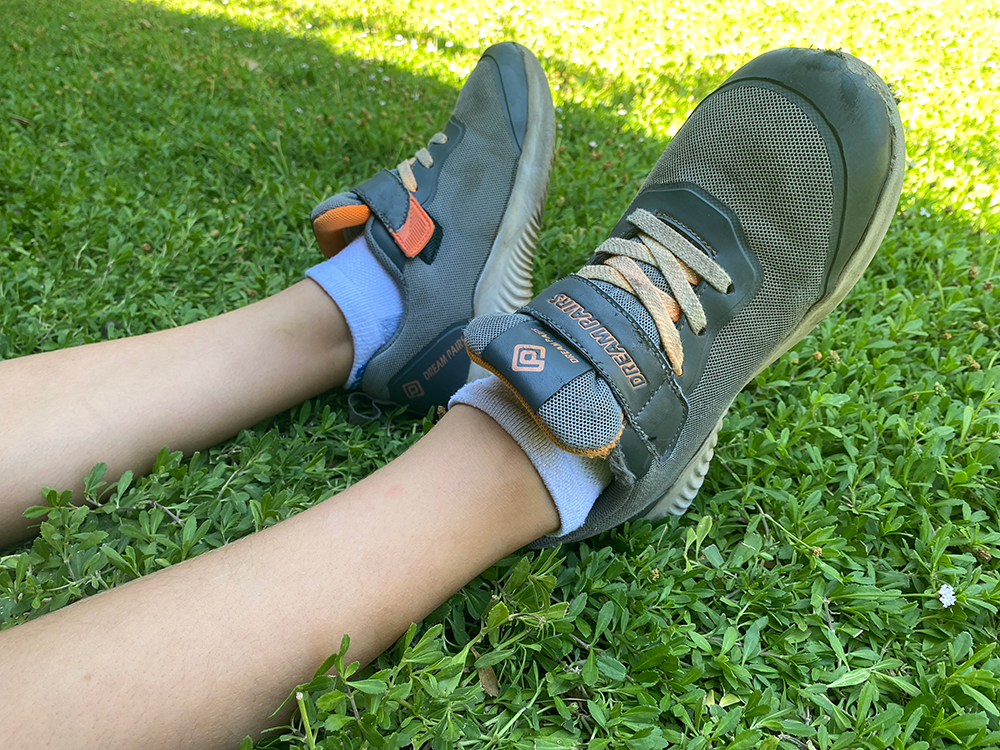Know When To Help and When Not
Telling our children sentences such as “You will fall.”, “You will be cold.”, “You will spill the water.”, “You will be too tired.”, “You will be hungry.” etc. come naturally and parents use them all the time. However, we tend to overuse them. We use them in instances when there is no danger in sight and when we are not in a hurry of an everyday turmoil.
Complexity
If we look a the complexity of thinking, feeling and actions that lead to knowing that “I am falling.”, “I am cold.”, “I am spilling water.”, “I am too tired.”, or “I am hungry.” we quickly realize, that while we attempt to help our children navigate their lives easier, we – on the contrary – are robbing them off of the entire process of figuring it out on their own. This incredibly complex and long path of neurological processes takes us only a split of a second. But our child may need much longer.
What Does the Child Actually Learn?
When a child sets onto the path of discovery yet only be rattled by the “solution” we spit out for them, this is what he actually learns:
- I don’t have to think
- My parents tell me how I feel and what to do
- I am failing
As much as we wish our children would take away a different lesson from these situations, the human brain does not learn from our experience. We learn our experience.
What Is an Alternative?
Perhaps the most counterintuitive tip of all is to do nothing. As simple as it may sound, parents I work with find it the most difficult tool I teach to wake up their children’s brains. In fact, there is a lot to unpack about doing nothing. What I mean by it for you is to not say anything and just be a present observer. Resist the urge to solve the situation. You will be astonished what everything you will discover. Most importantly, you will provide the space for your child it needs to explore and experiment on their own, and eventually grow agency.
But My Child Will Fall into The Puddle
Perfect! Allow your child to stand on the wobbly rock right next to the puddle and wave their hands in the air playing with balance. Have your child experience how much is leaning too much to one side for them at that very time to loose their balance. Have your child feel what it is like to fall on their bum or catch themselves with both arms in front of them. Have your child experience the sensation of wetness, the texture of the mud and temperature.. let them sit there and let them decide when to stand up, let them walk with wet, heavy clothes and listen to the dribbles as the cloudy drops hit the trail. Let them decide to go back and do more of it. This is true learning.
Gift your child and yourself the space to experience this incredible richness when time doesn’t seem to exist. Doing nothing means being aligned with your child in the present moment, a moment solely about the child, not us.

